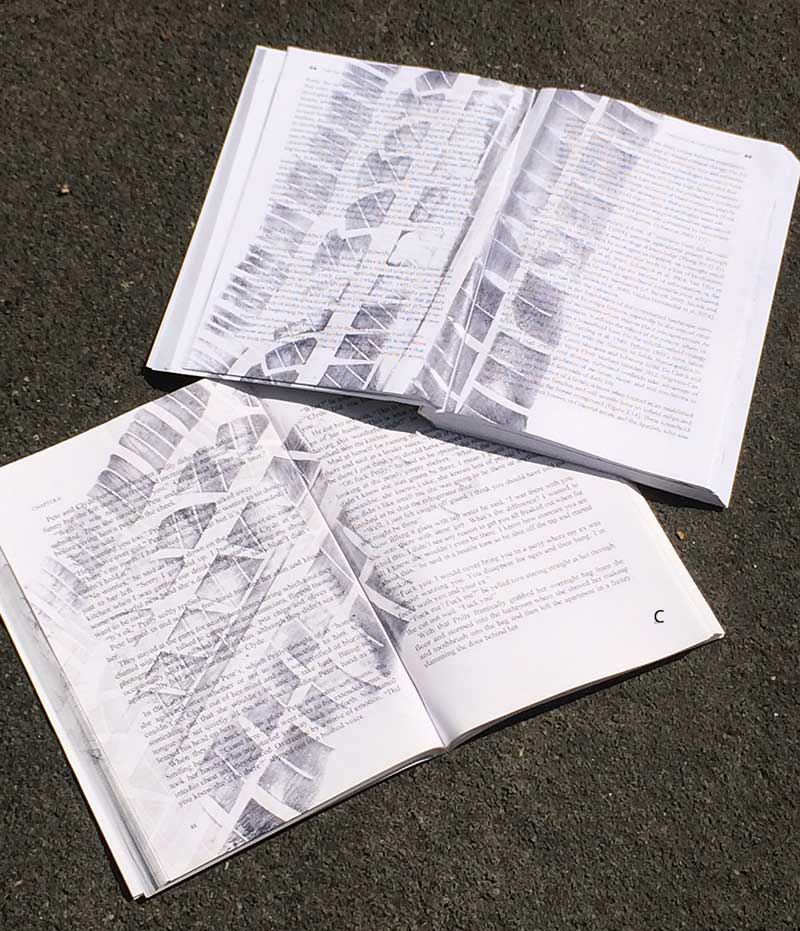


Mitch’s Blog
Publish and/or Perish
Thursday, September 28, 2017
 How tough is the publishing game? Maybe it takes a publishing game to find out. Andrew Reinhard masks himself as head of publications for the American Numismatic Society, though he’s actually an archaeologist who deals with artifacts of the contemporary world and is one of the key proponents of archaeogaming. And, with a foot in the publications world and one in the scholarly world, he invented a Twine game called Publish and Perish. The conjunction “and” is all that is necessary here. If you want to try it, the game is not behind a firewall, but on the website of the open access archaeology journal Epoiesen.
How tough is the publishing game? Maybe it takes a publishing game to find out. Andrew Reinhard masks himself as head of publications for the American Numismatic Society, though he’s actually an archaeologist who deals with artifacts of the contemporary world and is one of the key proponents of archaeogaming. And, with a foot in the publications world and one in the scholarly world, he invented a Twine game called Publish and Perish. The conjunction “and” is all that is necessary here. If you want to try it, the game is not behind a firewall, but on the website of the open access archaeology journal Epoiesen.
The premise: You’ve just finished your book manuscript. It’s taken over a year, Andrew intones. Then what? Each option has a link to several publication paths.
“It's time to make a decision: do you do what you'd planned,

Andrew should know about failure. He’s one of the archaeologists who was called in to excavate the now-famous landfill bursting with discarded copies of Atari’s dreadful ET game. Not such a failure after all. The excavation process was turned into a documentary. _edit_.jpg) The project ended up selling the recovered copies for over $100,000 to eager gamers. And Andrew got a book contract from Left Coast out of it, which will come out as a Routledge book now that Left Coast is defunct.
The project ended up selling the recovered copies for over $100,000 to eager gamers. And Andrew got a book contract from Left Coast out of it, which will come out as a Routledge book now that Left Coast is defunct.
But is the book publishing game so fraught? Many academics will tell you so. But I, like most other publishers, have a thick file of notes, letters, emails from authors thanking their publisher’s staff-- the acquiring editor, the copyeditor, the proofreader, the indexer, the marketing specialist, even the occasional intern-- for turning their rough manuscript into a book, an attractive, visible testimony to their years of research and a calling card for their professional advancement. “You’ve made my career” is not an infrequent comment in those adulatory notes. 
That is not to ignore the pitfalls of the publication process. Andrew barely touches on the ways in which things can go wrong working with a publisher in producing a book. An inattentive copyeditor spells AIDS as aides, or the reverse. The marketing director forces the wrong title on a skeptical author. A printer binds in a signature of pages from a different book. A head-exploding $80 price gets attached to your slim volume. The waiting… and waiting… and waiting in the queue for the book to be done [Note: My first mentor, George McCune, co-founder of Sage, pointed out that the New York Times was published every night and often contained more words than the average academic monograph]. I always point out in my publishing workshops that publishing is a social process that is conducted by humans, often many humans. Humans make mistakes. Often.
He also points out some of the pitfalls of self-publishing or publishing in open access sources. Those too are fraught with danger. Authors are more apt to make mistakes in producing their book than publishing professionals are. And once a book is posted on an open access source, there are many ways in which the words and ideas can be used and abused by web gremlins and thieves, often without recourse.
So have a fun time playing Publish and Perish. But then go back to figuring out how to finish chapter 3. You’ll never have to worry about the publication process if you never finish the manuscript.
© Scholarly Roadside Service
Cover photo from VALUE Project. Atari excavation photo from Wikipedia
Back to Scholarly Roadkill Blog
Scholarly Roadside Service
ABOUT
Who We Are
What We Do
SERVICES
Help Getting Your Book Published
Help Getting Published in Journals
Help with Your Academic Writing
Help Scholarly Organizations Who Publish
Help Your Professional Development Through Workshops
Help Academic Organizations with Program Development
CLIENTS
List of Clients
What They Say About Us
RESOURCES
Online Help
Important Links
Fun Stuff About Academic Life


